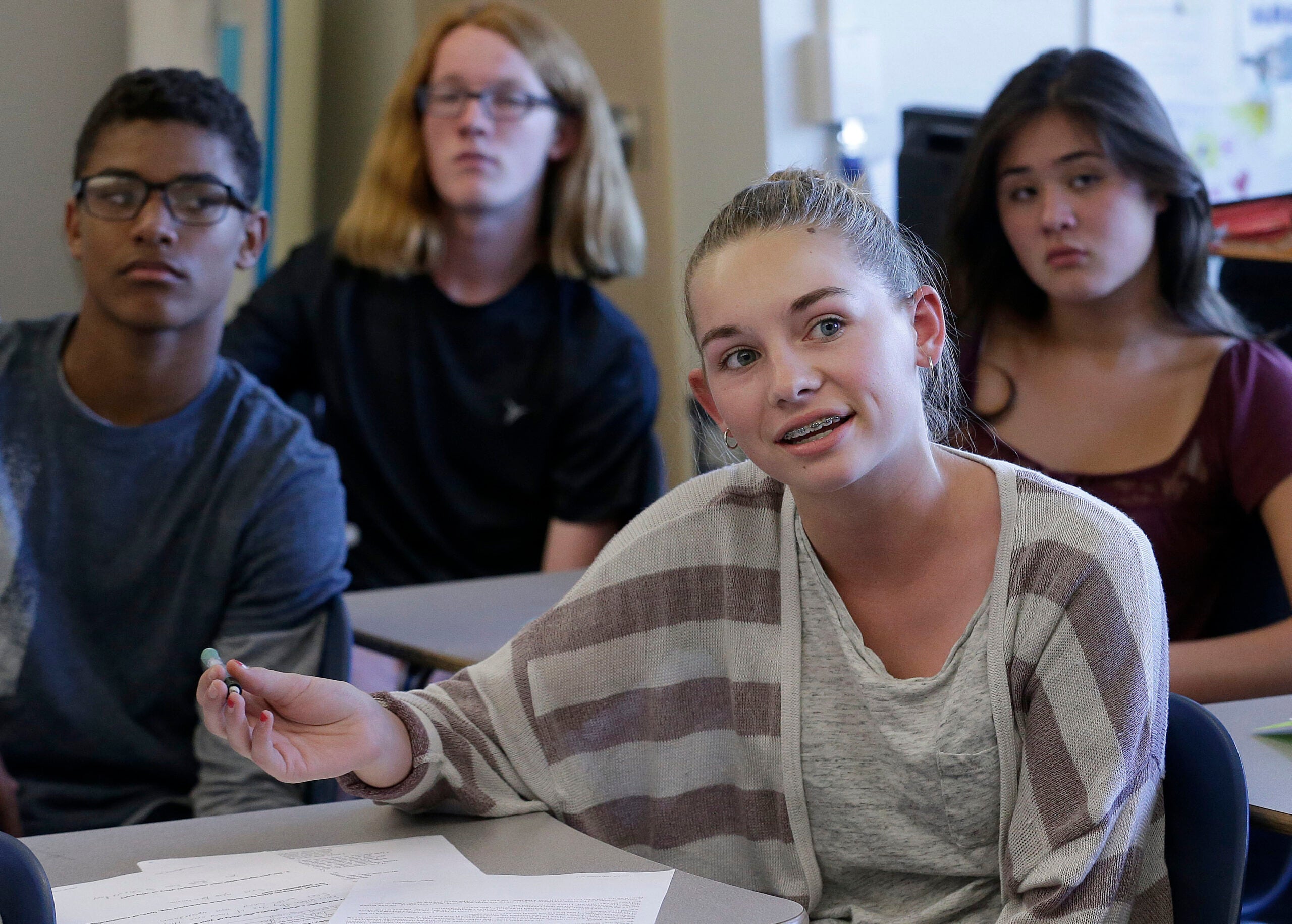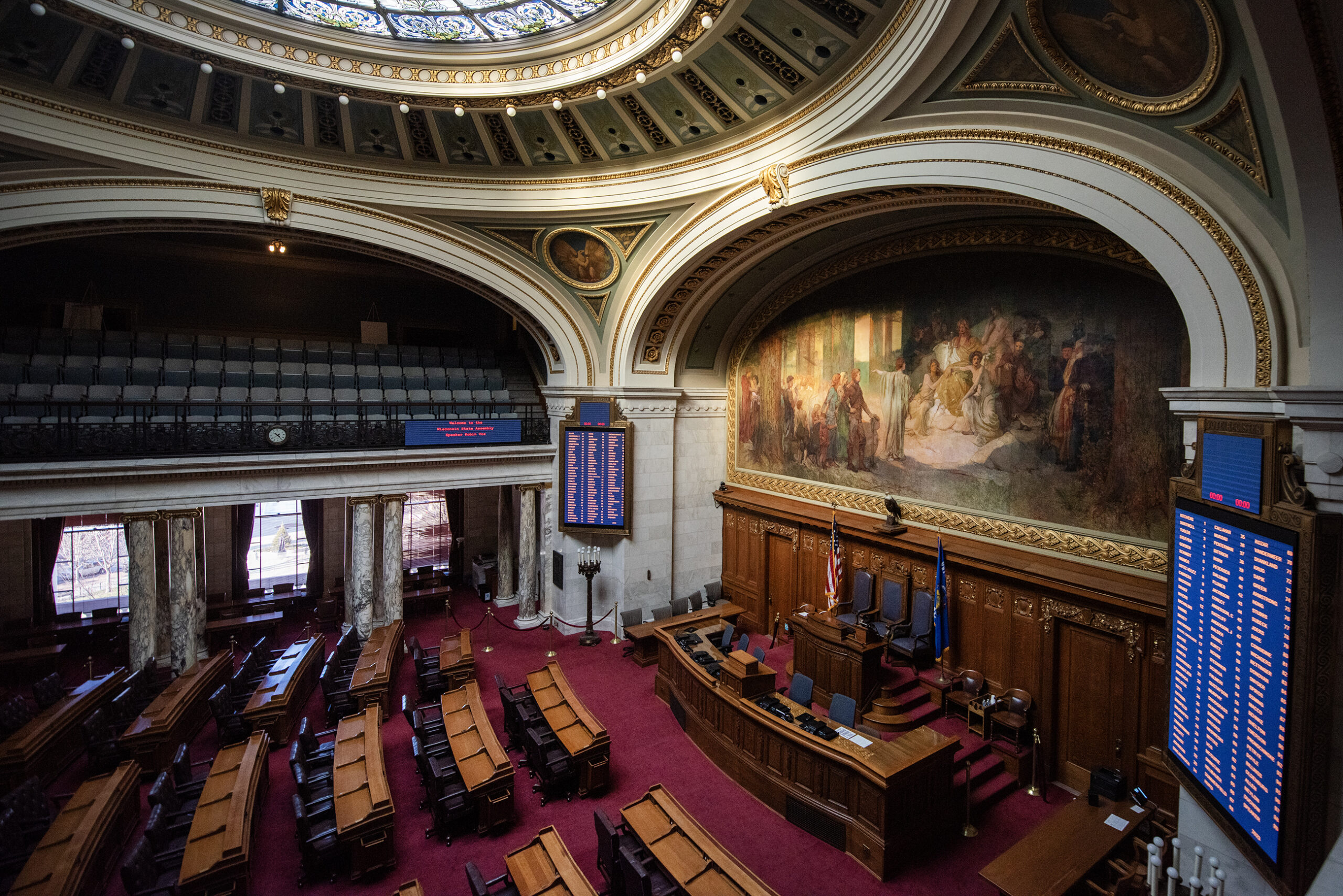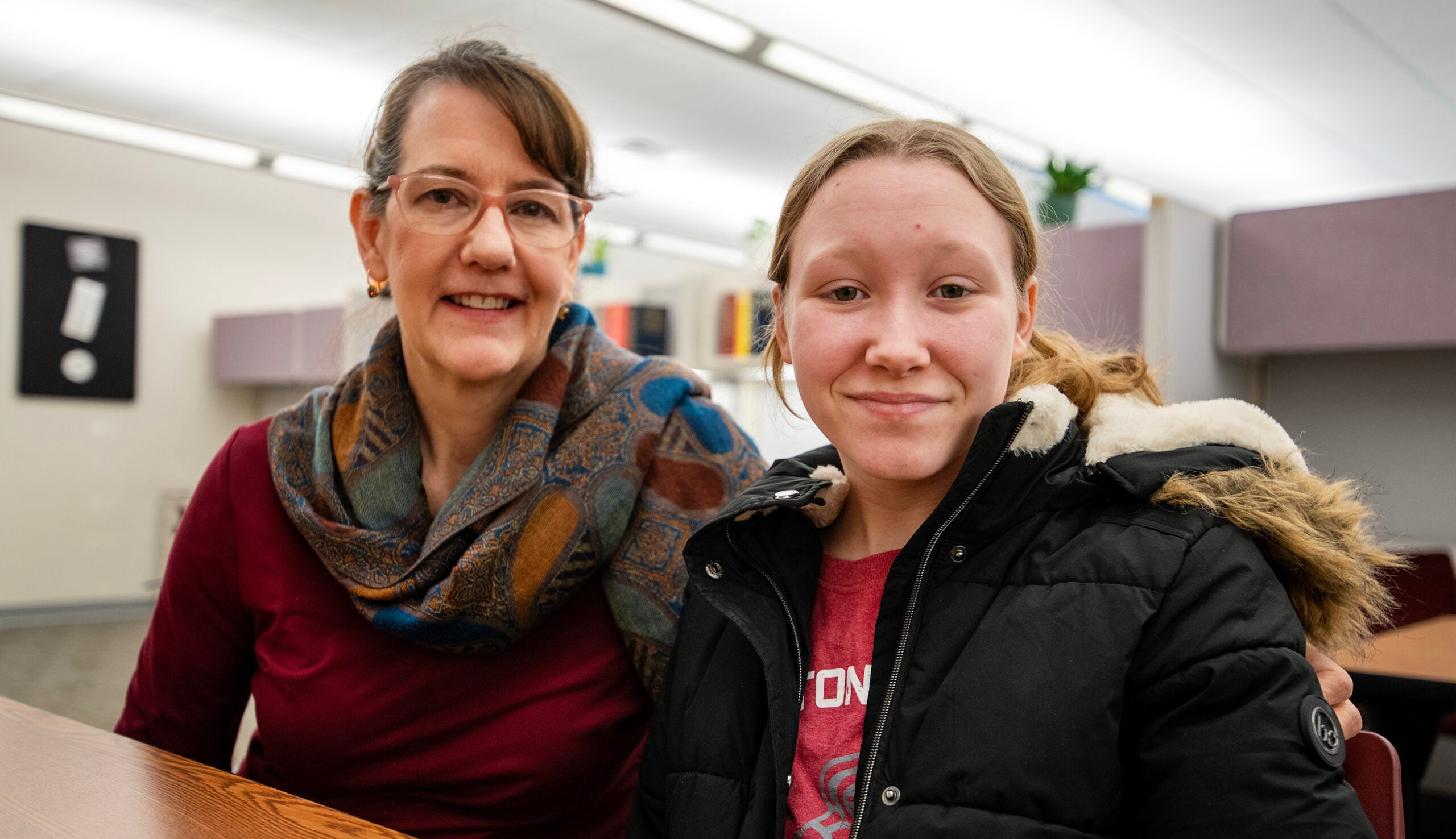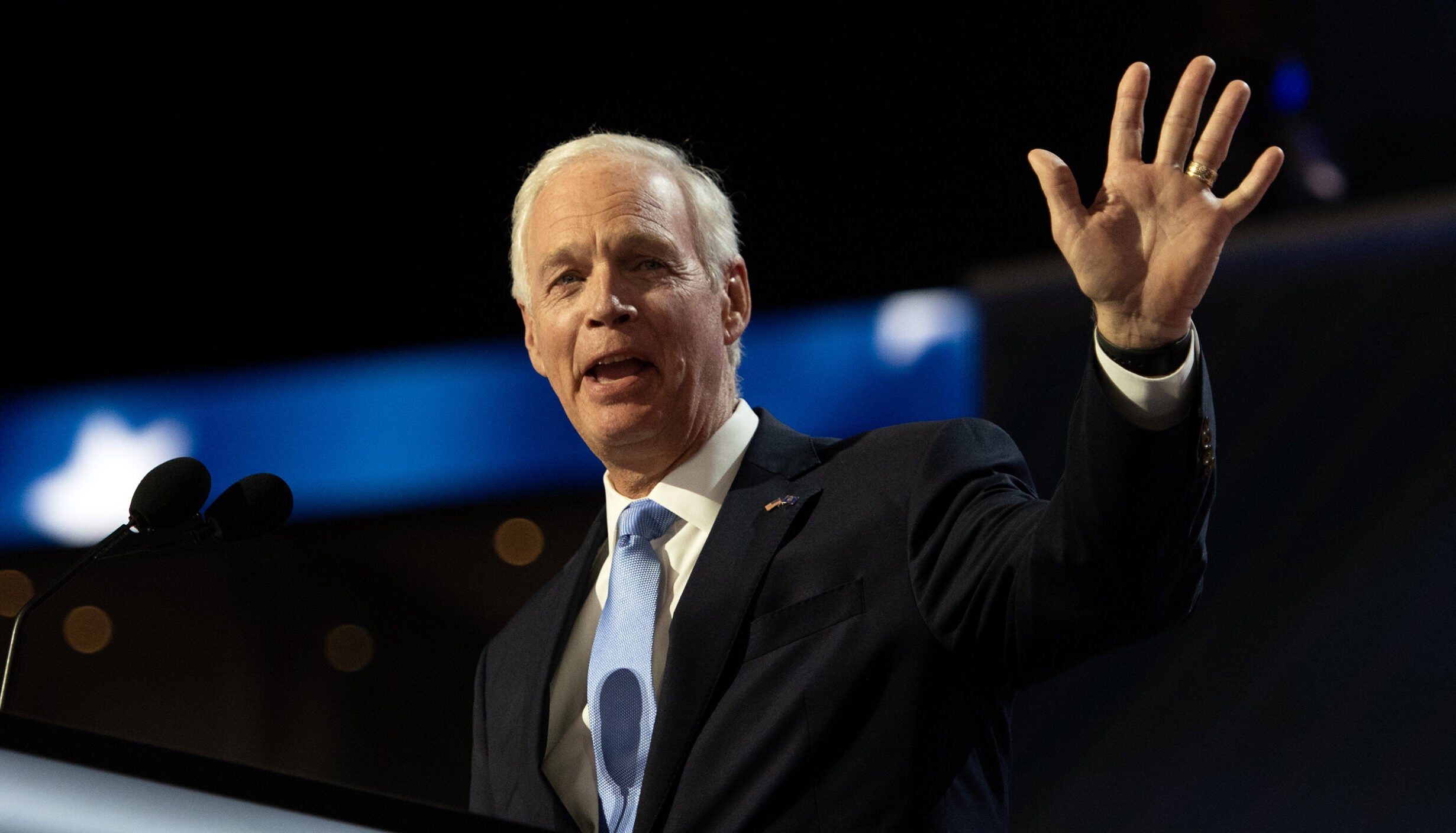Wisconsin Democrats are trying to revive legislation that would require schools to teach comprehensive sex education.
The proposal is modeled after a former state law, known as the Healthy Youth Act, which was repealed by Republicans in 2012.
Under the bill unveiled Thursday, public schools would need to offer “human growth and development” curricula, which would include sex education.
Stay informed on the latest news
Sign up for WPR’s email newsletter.
Those lessons would also need to include information about the health benefits, side effects and proper use of contraceptives, according to the bill.
Currently, Wisconsin districts may choose to offer sex ed, but aren’t required to do so.
That’s created a patchwork system, where many students aren’t taught crucial information, said Anne Brosowsky-Roth, a training and resource specialist at Planned Parenthood of Wisconsin.
“Sex ed is extremely politicized,” Brosowsky-Roth said at a news conference in support of the bill. “Yet it is something that affects all of us, because we are all sexual beings.”
Brosowsky-Roth also works as an instructor for Spark*ED, a group that’s affiliated with Planned Parenthood and offers sex education resources nationwide.
Brosowsky-Roth says she started thinking more about sex ed after a conversation with her child’s schoolmate. Their district’s program teaches abstinence until marriage, she said.
“They said to me, ‘So how come you can’t get STDs after you get married?’” Brosowsky-Roth said. “And I thought, ‘This is where the sex ed that we are providing now is failing our kids.’ I know exactly where that message came from. It came from: ‘The only way to protect yourself from STDs is not to have sex until you’re married.”‘
Current Wisconsin law does not prohibit districts from teaching about contraception, but it does urge the districts that do offer a sex ed program to stress the value of abstinence until marriage.
Democrats passed the Healthy Youth Act in 2010, but it was replaced under then Republican-Gov. Scott Walker just a few years later.
State Sen. Melissa Agard, D-Madison, called reviving the Healthy Youth Act “common sense,” but acknowledged the proposal faces an uphill battle in Wisconsin’s Republican-controlled Legislature.
“We know that there are many policies in Wisconsin that have had a challenge moving forward because of the gerrymandered Legislature here in the Capitol building — things that ordinary people in Wisconsin want us to address,” Agard said. “I am realistic about the fact that it is very unlikely this legislative session that this is going to cross the finish line.”
Agard said the bill would not prevent parents from being able to opt their children out of a sex ed program. The proposal, which has a companion bill backed by Democratic state Rep. Sue Conley of Janesville, began circulating for sponsorships this week.
Under their bill, human growth and development classes would need to address the following topics when “age appropriate,” according to an analysis provided by the Legislative Reference Bureau:
- The importance of communication between the pupil and the pupil’s family members about sexuality and decision-making about sexual behavior.
- Reproductive and sexual anatomy and physiology, including biological, psychosocial and emotional changes that accompany maturation.
- Puberty, pregnancy, parenting, body image and gender stereotypes.
- The skills needed to make responsible decisions about sexuality and sexual behavior throughout the pupil’s life, including how to refrain from making inappropriate verbal, physical and sexual advances and how to recognize, rebuff and report any unwanted or inappropriate verbal, physical and sexual behaviors.
- The benefits of and reasons for abstaining from sexual activity.
- The health benefits, side effects and proprer use of contraceptives and barrier methods to prevent pregnancy and sexually transmitted infections.
- Methods for developing healthy life skills, including setting goals, making responsible decisions, communicating and managing stress.
- How alcohol and drug use affect responsible decision making.
- The impact media and one’s peers have on thoughts, feelings and behaviors related to sexuality.
- Marriage and parental responsiblitiy.
- The criminal penalties for engaging in sex with a minor.
Wisconsin Public Radio, © Copyright 2025, Board of Regents of the University of Wisconsin System and Wisconsin Educational Communications Board.





